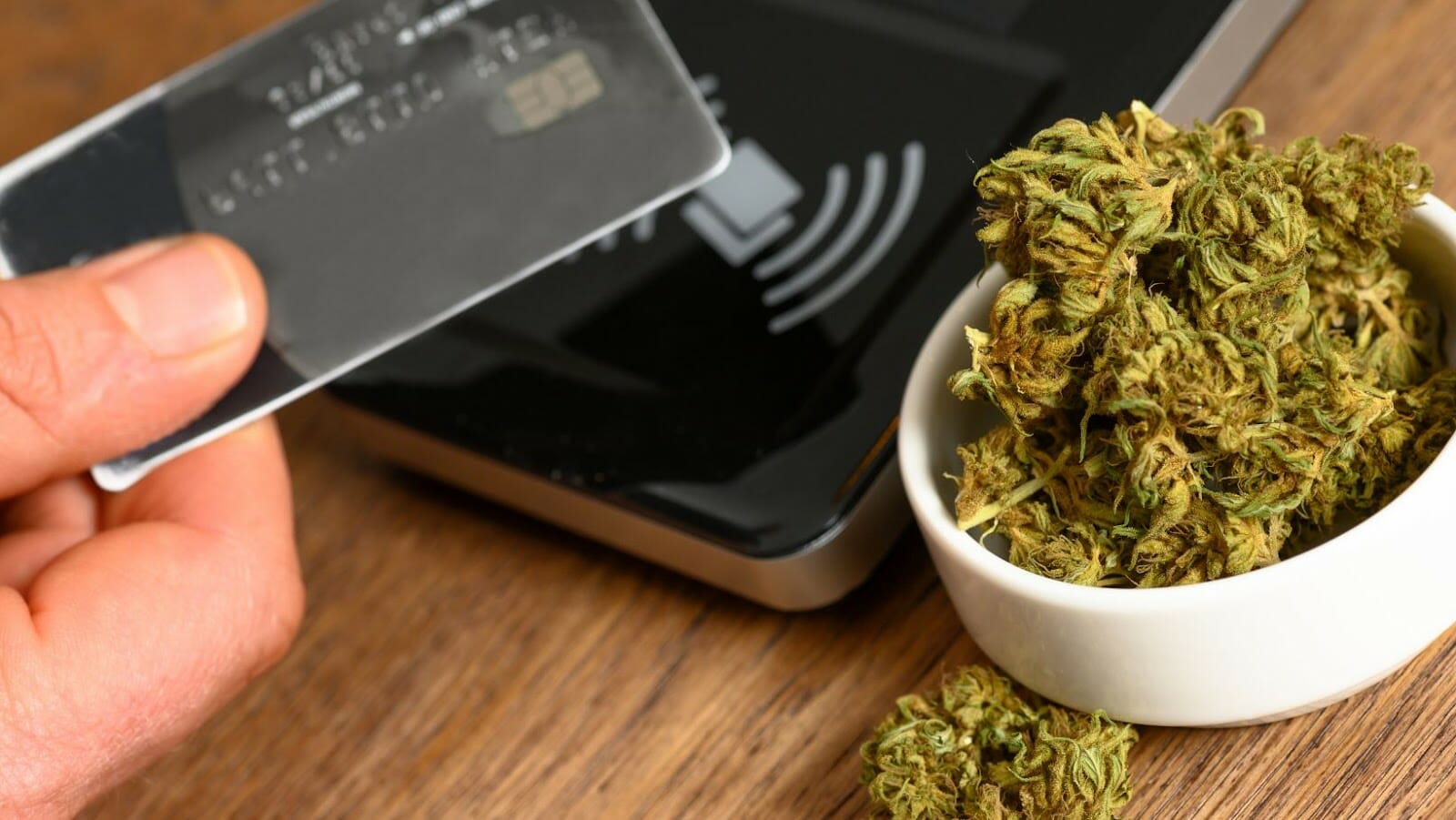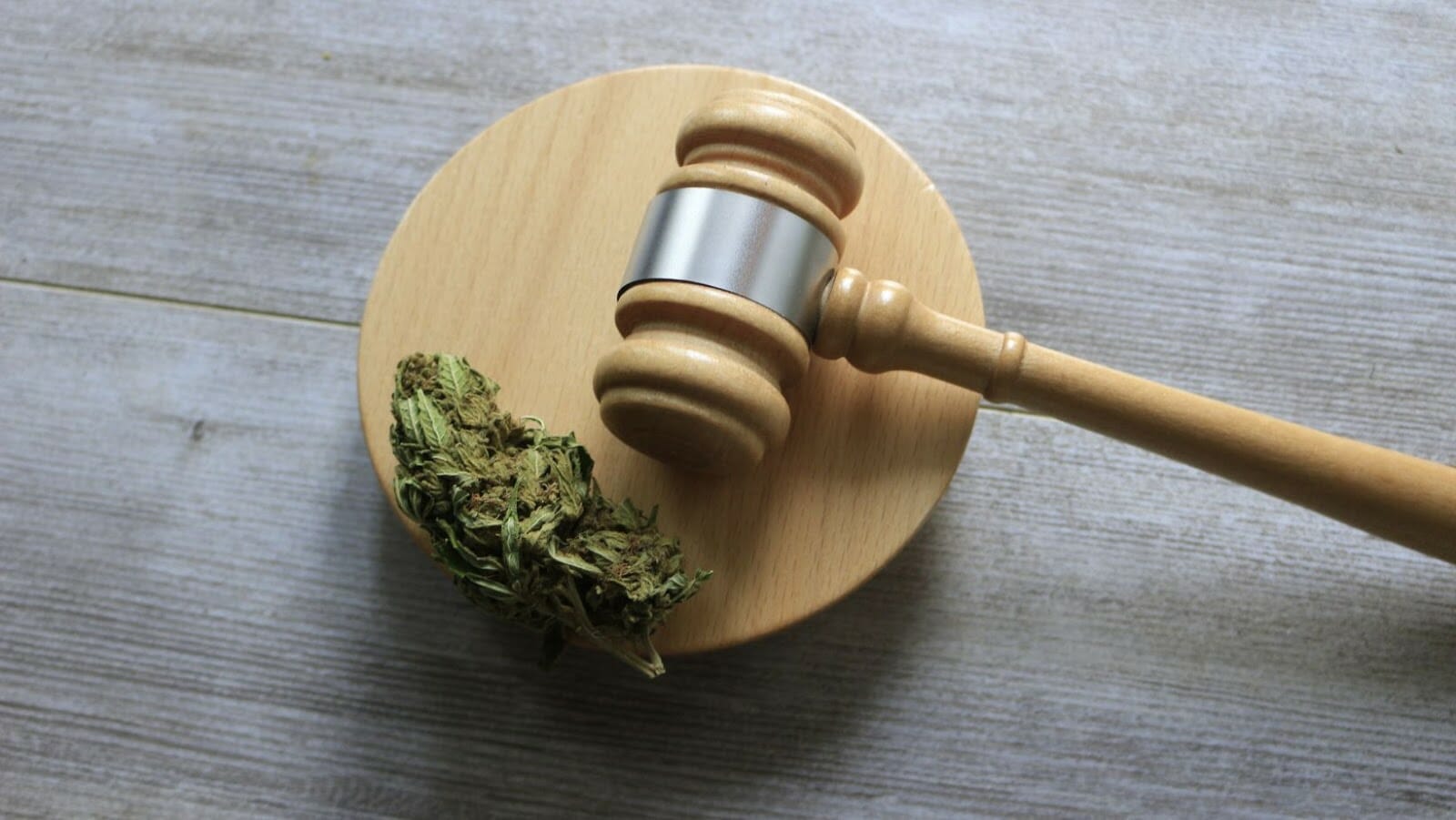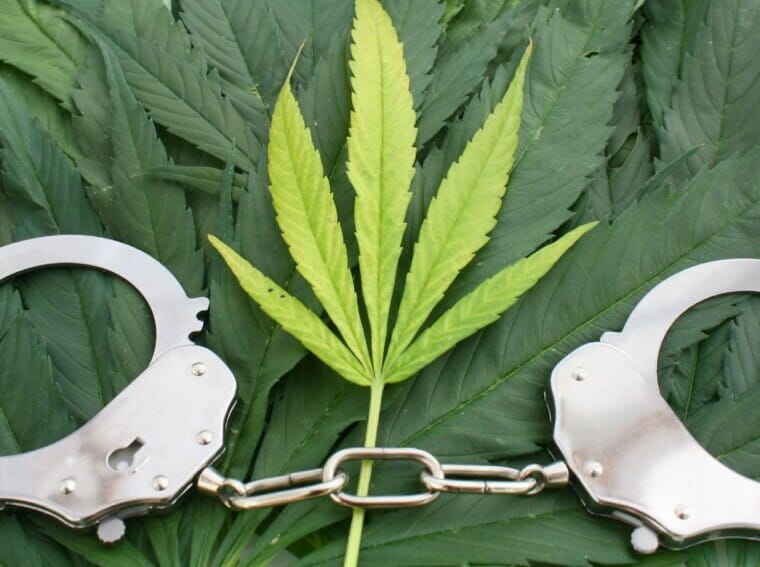With the increased popularity of recreational marijuana consumption and proposed medical benefits, users have many questions regarding its legality. Although industrial hemp strains used for CBD extraction were legalized in most U.S. states a few years ago, recreational marijuana is another story. This makes it harder for cultivators and users to legally consume, grow, buy and sell marijuana and its seeds.
What we know today is that voters in Colorado and Washington approved ballot measures to legalize recreational use in 2012. As a result, those states were the first in the U.S. to do so. Other states have long been connected regarding marijuana use. However, now this plant not only allows users to have fun but is also used in medicine. Considering the speed of the market and the growth of strains specially bred to help patients cope with symptoms of conditions, the situation at the market has greatly changed over the last few years.

We see that marijuana legalization has become mainstream among Democratic politicians, while some Republicans also back this idea. Legalization state by state depends on factors like who the cultivator is, the reason for cultivation, and purpose consumption. Some people say marijuana can cause a public health and safety risk, so they are morally against legalization. Proponents say that marijuana isn’t as dangerous as alcohol and is used for medical; purposes today, so legalization should be done in states they live in.
8 States Legalizing Marijuana
Colorado – Legal from November 2012
Colorado rules regarding Sativa marijuana seeds say that adults over the age of 21 are able to possess and give away up to an ounce of marijuana. They are also allowed to grow up to six plants each. However, the state limits are up to 12 plants in total, regardless of how many people live in the house.
It is vital to note that consuming marijuana in public is illegal. Purchasing marijuana from licensed dispensaries is subject to standard sales tax while also having an additional 10% marijuana sales tax. The 15% additional tax is applied to the wholesale price of retail marijuana. This is usually the price companies pay to marijuana cultivators.
Washington – Legal from November 2012
Washington allows adults over 21 to buy and possess up to an ounce of marijuana. Adults can also buy and possess up to 16 ounces of marijuana-infused edibles in solid form, 72 ounces of cannabis-infused liquids, and up to 7 grams of cannabis concentrates.
It is also illegal to consume any product infused with marijuana in public, although users can take CBD-based supplements. Washington restricts the recreational growth of plants at home. Users can buy Sativa seeds legally at licensed dispensaries paying a 37% excise tax.
Alaska – Legal from November 2014
Alaskan residents over 21 can possess and give away up to an ounce of marijuana. They can legally grow up to six marijuana plants, although only half of those plants are usually suitable for consumption. People are not allowed to consume marijuana in public.
Oregon – Legal from November 2014
Adults over 21 in Oregon can have up to an ounce of marijuana when they go to public places and up to 8 ounces of the drug at home. The state also legalized up to 16 ounces of marijuana when it is in solid form and up to 72 ounces of cannabis-infused liquids. The state allows users to grow up to four cannabis plants. People are not allowed to smoke or consume any marijuana-infused product in public.
Washington, D.C. – Legal from November 2014
The capital of the U.S. lets adults over 21 possess up to 2 ounces of marijuana while also allowing people to give up to 1 ounce of the drug to another person. Residents of the state are allowed to grow up to six marijuana plants, where three of them can be mature. It is worth noting that the state doesn’t allow recreational cannabis sales.
California – Legal from November 2016
California allows adults over 21 to possess, buy or give away up to an ounce of marijuana and up to 8 grams of concentrated drugs. People are also able to legally grow up to six live marijuana plants. However, it is not allowed to smoke; applying or ingesting marijuana is illegal in public places.
Sativa seeds for sale at licensed dispensaries are legal and have standard state sales tax, including an excise tax of 15%. Local governments can also apply additional taxes.
Maine – Legal from November 2016
Adults over 21 living in Maine can consume and possess up to 2.5 ounces of the drug. People can also legally grow up to six flowering and 12 immature cannabis plants.

The retail market became regulated only in October 2020, so most owners see limited product supplies. Maine applies a 15% additional tax and a 10% sales tax on cannabis products in different forms.
Massachusetts – Legal from November 2016
People over 21 located in Massachusetts are allowed to take up to an ounce of marijuana with them and have up to 10 ounces at home. Adults can also legally cultivate marijuana plants at home. The state allows the cultivation of up to six plants per person and up to 12 plants in a house with two or more people. Adults can buy cannabis Sativa seeds at licensed dispensaries.


